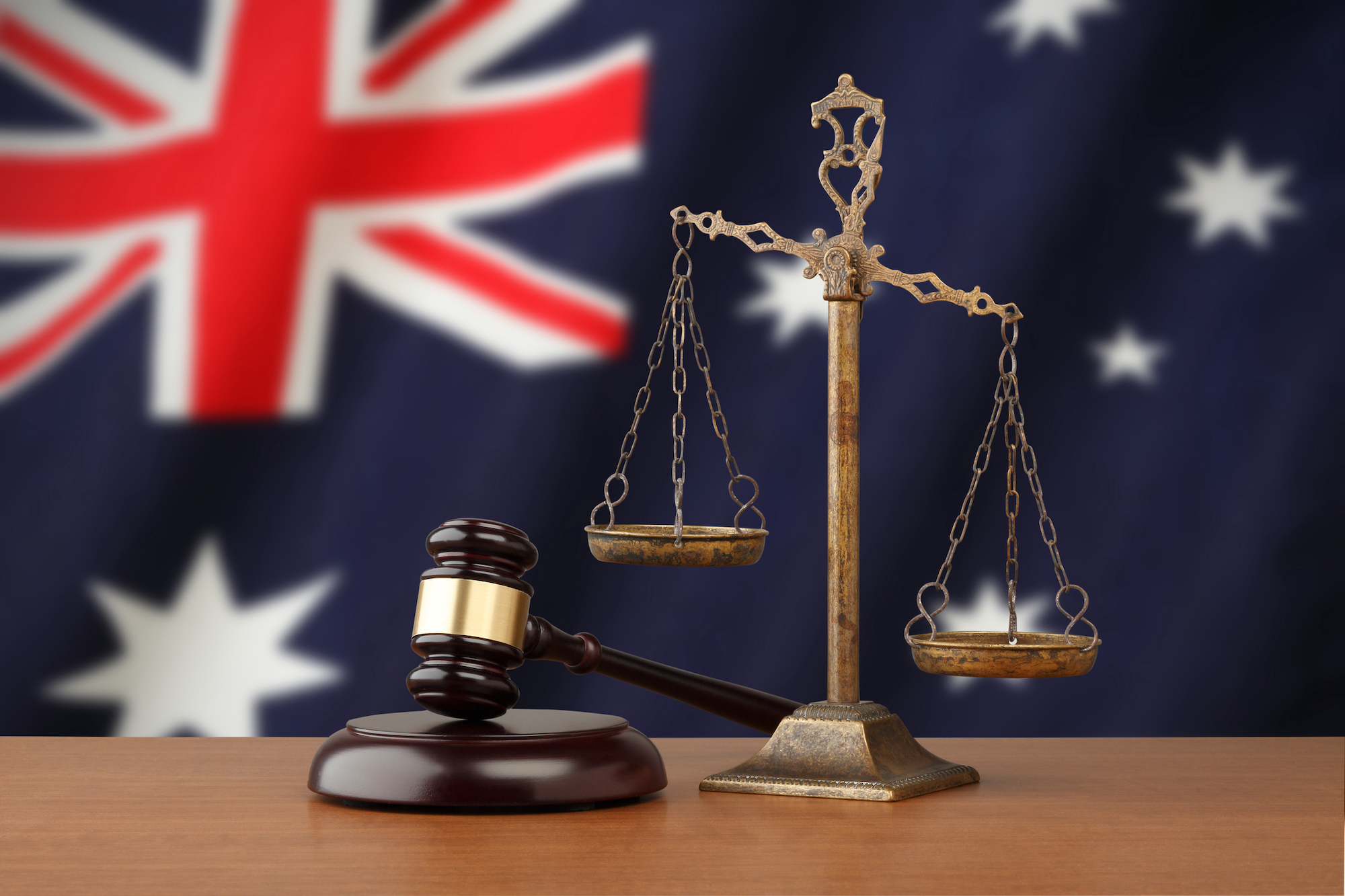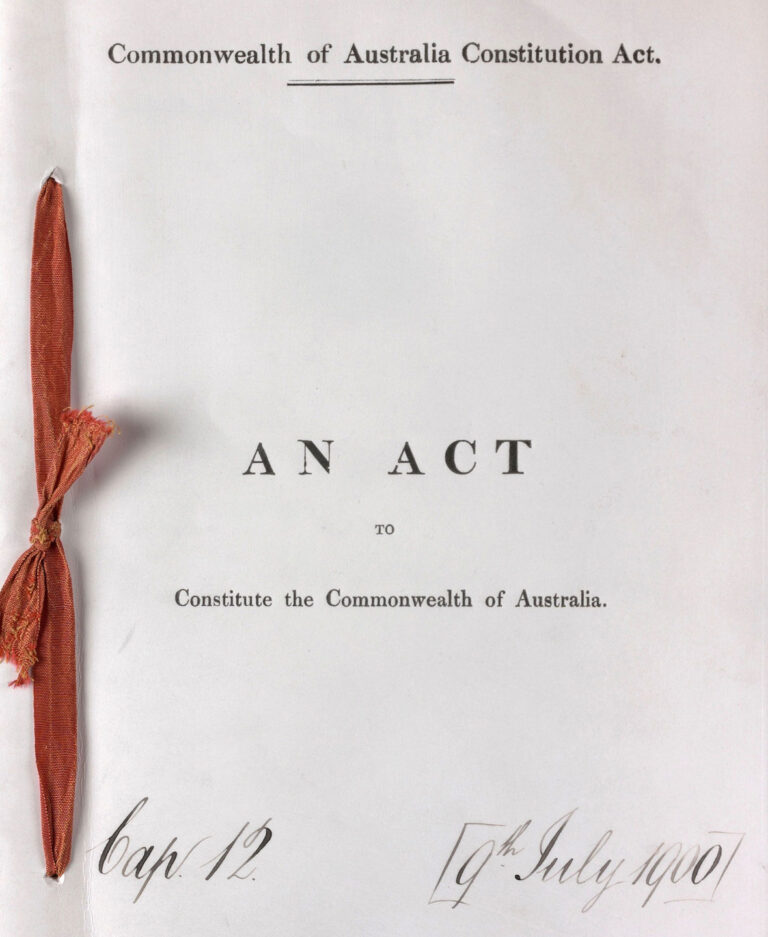
Is The Voice to Parliament necessary?
Eddie Synot from Griffith Law School discusses why The Voice to Parliament is necessary and why this opportunity to change the Constitution should not be missed.
In Australia there is a national legacy of dealing with First Nations in an oppressive manner, with numerous laws and policies enacted that entrenched their disempowerment. It is time for change. Constitutionally entrenched rights for First Nations are of vital importance. Australia’s First Nations should be listened to respectfully, and there should be a constitutionally entrenched mechanism that facilitates this approach, one that cannot be readily swept aside by whatever government of the day holds power.
In the 2017 Uluru Statement Australia’s First Nations called for ‘substantive constitutional change and structural reform’, stating: ‘We seek constitutional reforms to empower our people and take a rightful place in our own country. When we have power over our destiny our children will flourish. …We call for the establishment of a First Nations Voice enshrined in the Constitution.’ This will require a referendum. While relatively few referendums have succeeded in the past, it is hoped by this author that Australia will vote ‘yes’ to enshrining a First Nations Voice to Parliament.
Australia’s Constitution is an archaic document that was established primarily to protect powerful interests upon Federation. Inequality has been enshrined in Australia’s Constitution for First Nations from the moment of its inception. Originally not even counted in the Federal census (under the since repealed section 127), First Nations have struggled with the consequences of colonialism implemented through law and policy measures that frequently purported to support their welfare whilst relentlessly undermining their rights to self-determination. A First Nations Voice to Parliament will have power to draw attention to these dynamics and call for change.

Self-determination has always mattered to First Nations, and this is a core value enshrined in the United Nations Declaration on the Rights of Indigenous Peoples (UNDRIP – Articles 3 & 4). Australia has endorsed UNDRIP but has not implemented this Declaration within Australian law. The application of UNDRIP within Australia is currently a subject of Parliamentary Inquiry. UNDRIP sets out significant rights about Indigenous participation in decision-making, Article 18 states that:
‘Indigenous peoples have the right to participate in decision-making in matters which would affect their rights, through representatives chosen by themselves in accordance with their own procedures, as well as to maintain and develop their own indigenous decision-making institutions.’
Further rights about decision-making are set out in Article 19:
‘States shall consult and cooperate in good faith with the indigenous peoples concerned through their own representative institutions in order to obtain their free, prior and informed consent before adopting and implementing legislative or administrative measures that may affect them.’
Implementing these rights would go some way towards redressing Australia’s racist colonial legacy.
On 30 July 2022 Prime Minister Anthony Albanese released draft wording for the referendum proposal which recommended that these three sentences be included in the Constitution:
The Prime Minister stated that the precise wording of the proposal may alter closer to the referendum, but considered that the question put to the Australian people for a vote should be something simple such as: ‘Do you support an alteration to the Constitution that establishes an Aboriginal and Torres Strait Islander Voice?’
Although the referendum proposal falls short of introducing into the Constitution Indigenous rights of ‘free, prior and informed consent’, the Voice proposal is an important step in promoting a representative body for First Nations that could lead to better law and policy outcomes. Such a step is long overdue.
The Australian Prime Minister has stated that ‘Enshrining a Voice in the Constitution gives the principles of respect and consultation, strength and status.’ While governments have occasionally engaged in processes described as ‘consultation’, when carried out with First Nations these have at times amounted to little more than information sessions about what the government is planning to do next. There has often been no opportunity for First Nations to shape law and policy outcomes or veto problematic proposals.
Enshrining rights to ‘Free, prior and informed consent’ would go a long way to addressing deficits in law and policy making that adversely impact First Nations. In researching laws and policies on social security programs that impact First Nations, those subjected to these programs often communicated that they did not get to have a say and were put on programs like the Cashless Debit Card without their consent. Were the Voice accorded sufficient power by Parliament it is possible that a repetition of these dynamics could be avoided in future.
 Dr Shelley Bielefeld is a Senior Lecturer in Griffith Law School. Dr Bielefeld’s interests include Inequality, Law and Society; Indigenous Social Justice Issues; Welfare Law and Policy; Regulation and Governance, and Poverty Surveillance. Dr Bielefeld’s research and research-based submissions have had an impact on policy debate, and been referred to in major reports by the Australian Law Reform Commission, the Senate Standing Committee on Community Affairs, the Standing Committee on Indigenous Affairs, and the Parliamentary Joint Committee on Human Rights.
Dr Shelley Bielefeld is a Senior Lecturer in Griffith Law School. Dr Bielefeld’s interests include Inequality, Law and Society; Indigenous Social Justice Issues; Welfare Law and Policy; Regulation and Governance, and Poverty Surveillance. Dr Bielefeld’s research and research-based submissions have had an impact on policy debate, and been referred to in major reports by the Australian Law Reform Commission, the Senate Standing Committee on Community Affairs, the Standing Committee on Indigenous Affairs, and the Parliamentary Joint Committee on Human Rights.

Eddie Synot from Griffith Law School discusses why The Voice to Parliament is necessary and why this opportunity to change the Constitution should not be missed.

Professor AJ Brown discusses Australian constitutional law in relation to The Voice to Parliament as well as the process and outcomes of prior referendums on the nation’s culture and democracy.

Professor Ciaran O’Fairchellaigh writes on the impact of criticisms of The Voice to Parliament will have on the development of Critical Minerals, the reserves of which are located on Indigenous lands. Critical Minerals are essential for renewable energy technologies, the demand for which is projected to rise significantly.